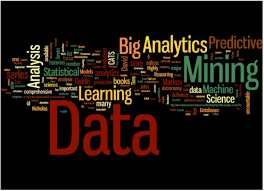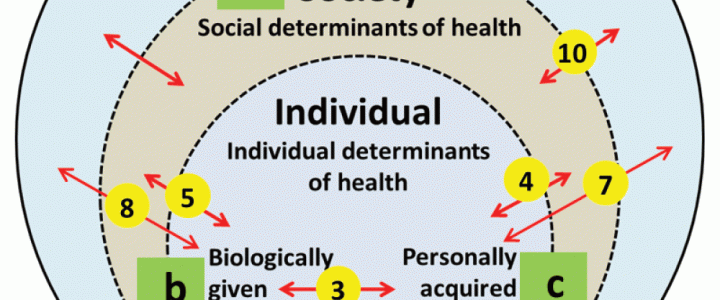| 1 YEAR | I semester | 6 CFU |
| Mauro De Sanctis | ICT and Internet Engineering (6 of 9) |
| A.Y. 2023-24 | |
| Didatticaweb
Code: 80300052 |

| 1 YEAR | I semester | 6 CFU |
| Mauro De Sanctis | ICT and Internet Engineering (6 of 9) |
| A.Y. 2023-24 | |
| Didatticaweb
Code: 80300052 |

| 1 YEAR | I semester | 6 CFU |
| Tommaso Rossi (3cfu)
Cesare Roseti (3cfu) |
ICT and Internet Engineering |
| since A.Y. 2023-24 program 📑 | |
| Code: SSD: ING-INF/03 |
FORMATIVE OBJECTIVES
The course module provides an overview of the technologies involved in the multimedia application evolution from analogue to digital, from linear television to video on demand. To this aim, the module addresses the main TV standards, the TCP/IP protocols involved in modern streaming services, the network architectures and the different service modes.
PREREQUISITES: A good background in TCP/IP protocols.
SYLLABUS:
PARTE I – Digital TV standards, MPEG-2 and Transport Stream, IP encapsulation over DVB.
PARTE II – IP multicast, IGMP, IP multicast routing
PARTE III – Transport protocols for IP multimedia applications; Video streaming applications and CDN, the multimedia protocol stack, RTP and RTCP, multimedia signalling protocols: RTSP, SDP and SIP, Key Performance Indicators.
PARTE IV -Adaptive Streaming over HTTP, MPEG-DASH, Support to multimedia applications over 5G.

| 1 YEAR | I semester | 6 CFU |
| (from ICT) | |
| Ernestina CIANCA | A.Y. 2023-24
Teaching programs (Schede d’Insegnamento-GOMP)📑
|
| Code: 8039522 SSD: ING-INF/03 |

| 2 YEAR | II semester | 6 CFU |
| Patrizio Tomei (4cfu) Eugenio Martinelli (2cfu) |
A.Y. 2023-24 |
| SANTOSUOSSO Giovanni Luca | A.Y. 2024-25 not be activated |
| A.Y. 2025-26 (new name “Identification and Neural Networks” |
|
| Didatticaweb | |
| Code: 80300088 SSD: ING-INF/04 |
Pre-requirement: The basics of systems theory and control are required.
LEARNING OUTCOMES: The course aims to provide the basic techniques for the design of predictors, filters, and adaptive controllers.
KNOWLEDGE AND UNDERSTANDING: Students must obtain a detailed understanding of design techniques with the help of MATLAB-SIMULINK to solve industrial problems of adaptive filtering, adaptive prediction, and adaptive control.
APPLYING KNOWLEDGE AND UNDERSTANDING: Students must be able to apply the project techniques learned in the course even in different industrial situations than those examined in the various phases of the course.
MAKING JUDGEMENTS: Students must be able to apply the appropriate design technique to the specific cases examined, choosing the most effective algorithms.
COMMUNICATION SKILLS: Students must be able to communicate using the terminology used for filtering, prediction, and adaptive control. They must also be able to provide logical and progressive exposures starting from the basics, from structural properties, from modeling to the design of algorithms, without requiring particular prerequisites. Students are believed to be able to understand the main results of a technical publication on the course topics. Guided individual projects (which include the use of Matlab-Simulink) require assiduous participation and exchange of ideas.
LEARNING SKILLS: Students must be able to identify the appropriate techniques and algorithms in real cases that arise in industrial applications. Furthermore, it is believed that students have the ability to modify the algorithms learned during the course in order to adapt them to particular situations under consideration.
Texts
Adaptive Filtering Prediction and Control, Graham C. Goodwin, Kwai Sang Sin, Dover Publications, 2009.